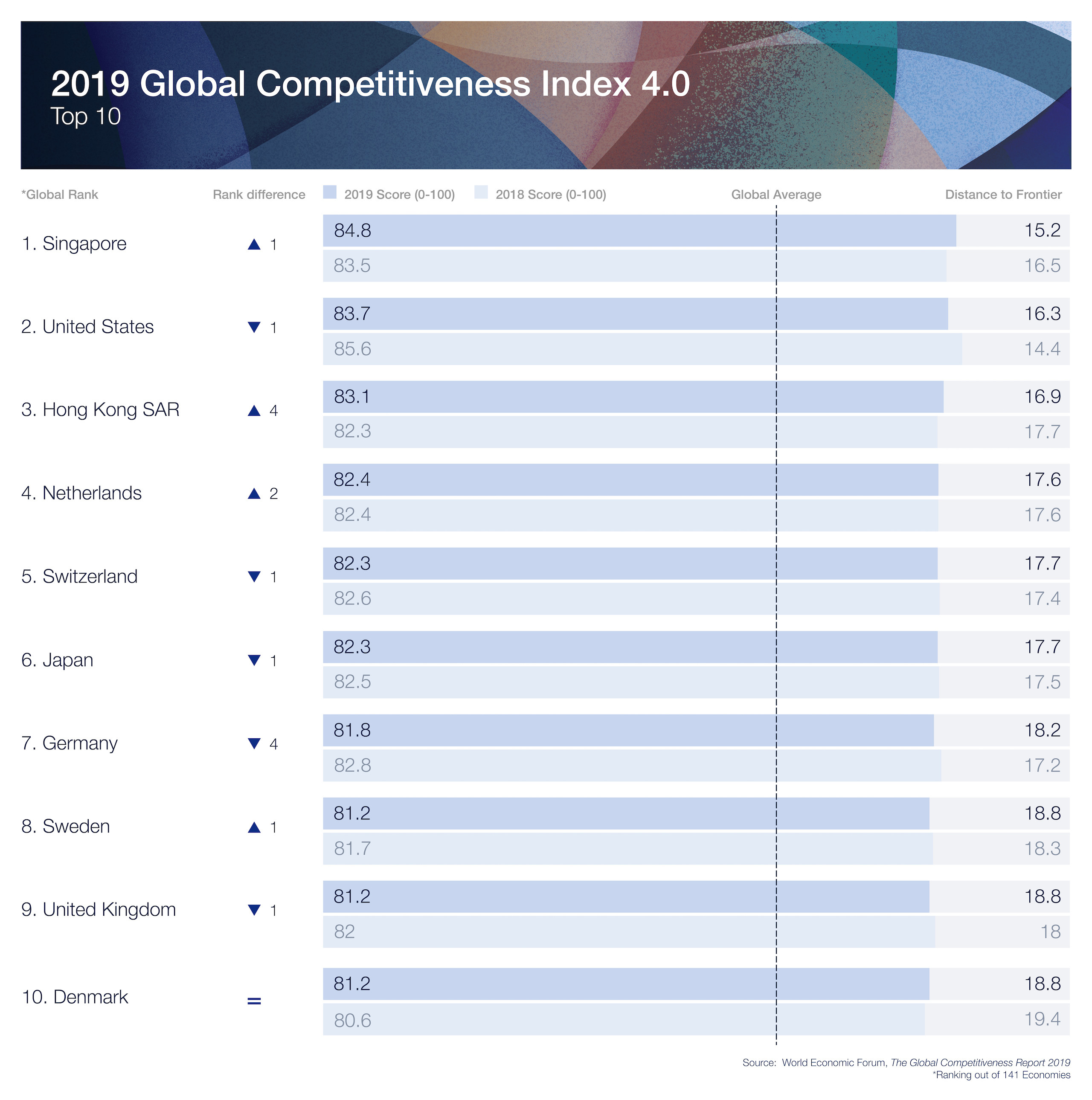Could this 1-hour exercise help build high-performing remote teams?
Getting the work-life balance right is crucial to remote working.
Image: Unsplash/Thought Catalog
Stay up to date:
Future of Work
- A one-hour team building exercise could help create high-performing remote teams, says a collaboration coach.
- Here, he outlines a 6-step exercise called 'Work Life Impact'.
- It addresses core attributes of high-performing teams such as alignment, cohesion, psychological safety and potential for innovation.
Disney recently announced employees will be coming back to the office four days a week. They’re not alone. Google, Snap, General Motors, and Twitter issued similar in-office mandates. To many of us who have experienced the positive benefits of remote work firsthand, these mandates seem crazy. But many companies are still struggling with distributed work, where employees collaborate from both in-office and remote environments.
I’d be willing to bet companies that are ready to throw in the towel on distributed work are focused only on scaling digital tools like Zoom and Slack. They may have put tech at the center at the expense of establishing rock solid practices around communication and alignment that underpin how an organization works day-to-day.
But in addition to tooling, companies must also establish practices that encourage attributes of high-performing teams: alignment, cohesion, psychological safety, and potential for innovation. As part of my role at Atlassian, I coach teams of all makes and models on building these attributes. One of my favorite plays to run with distributed teams that address cohesion and psychological safety is Work Life Impact. Here’s a step-by-step guide.
Step 1: Prep
Set aside 60 minutes to run this play. Because it’s designed to spark more personal conversation, discuss the nature of the play with team members prior to coming together. After confirming the team is comfortable, create a collaboration document with space for each team member, adding their name, photo, and the Work Life Impact Areas boxes from this worksheet. Those areas cover three themes: your home, your role, and your support networks.
Step 2: Set the stage
To establish psychological safety, emphasize these points to the team:
- Everyone’s experience is unique.
- They should share only as much or as little as they want.
- There are no right or wrong answers.
- The team will always assume positive intent.
Step 3: Identify Work Life Impact areas
Review the three Work Life impact areas one at a time. As you review, ask each participant to choose one of the four quadrants for each impact area that best reflects their experience over the last month.
Step 4: Reflect and discuss
Encourage the team to take a step back and review each other’s selections. Have them reflect on the following:
- Why did you select this quadrant and why?
- What are you finding challenging?
- What do you need to succeed while working remotely?
Everyone will process this exercise differently. Give the team the option of sharing their reflections, rather than forcing everyone to contribute.
Step 5: Create an action plan
Brainstorm actions as a team by prompting the team to answer these questions:
- What is something that you are going to change or do differently moving forward?
- What can we try as a team to support one another?
- What can the organization help you with?
Share a few examples of actions to get the brainstorm rolling.
- An example of an individual action could be to identify a few meetings to take as walking meetings or audio-only meetings, to combat Zoom fatigue.
- An example of a team action could be to agree not to schedule meetings over a lunch hour.
- An example of something to ask of an organization might be to find budget for items that would make for a more ergonomic-friendly environment, such as a better chair or standing desk.
Once actions are identified, assign owners and due dates.
Step 6: Follow up
For managers and team leads, use this play as a starting point for private meetings with your team members to see how you can support their own situation and help them thrive. Take some of the themes covered in the workshop and discuss them with your own leader or HR team to see what options or resources might be available.
Providing flexibility to work in the location(s) of one’s choosing significantly improves outcomes related to innovation, well-being, burnout, and perceptions of organizational culture. Invest time in running this, or a similar play, with your remote team to reap the benefits of flexible work arrangements.
Mark Cruth is Atlassian’s resident Modern Work Expert. Focused on practice over theory, Mark spends his days coaching both Atlassian and customer teams on new ways of working, then sharing what he’s learned at events around the world.
Accept our marketing cookies to access this content.
These cookies are currently disabled in your browser.
What do we mean by ‘competitiveness’?
Don't miss any update on this topic
Create a free account and access your personalized content collection with our latest publications and analyses.
License and Republishing
World Economic Forum articles may be republished in accordance with the Creative Commons Attribution-NonCommercial-NoDerivatives 4.0 International Public License, and in accordance with our Terms of Use.
The views expressed in this article are those of the author alone and not the World Economic Forum.
Forum Stories newsletter
Bringing you weekly curated insights and analysis on the global issues that matter.
More on Jobs and the Future of WorkSee all
Shakthi M Nagappan
July 7, 2025
Steffica Warwick
July 3, 2025
Ibrahim Odeh and Oliver Tsai
July 2, 2025
Ravi Kumar S. and Rohan Murty
July 1, 2025
Abayomi Olusunle
July 1, 2025






